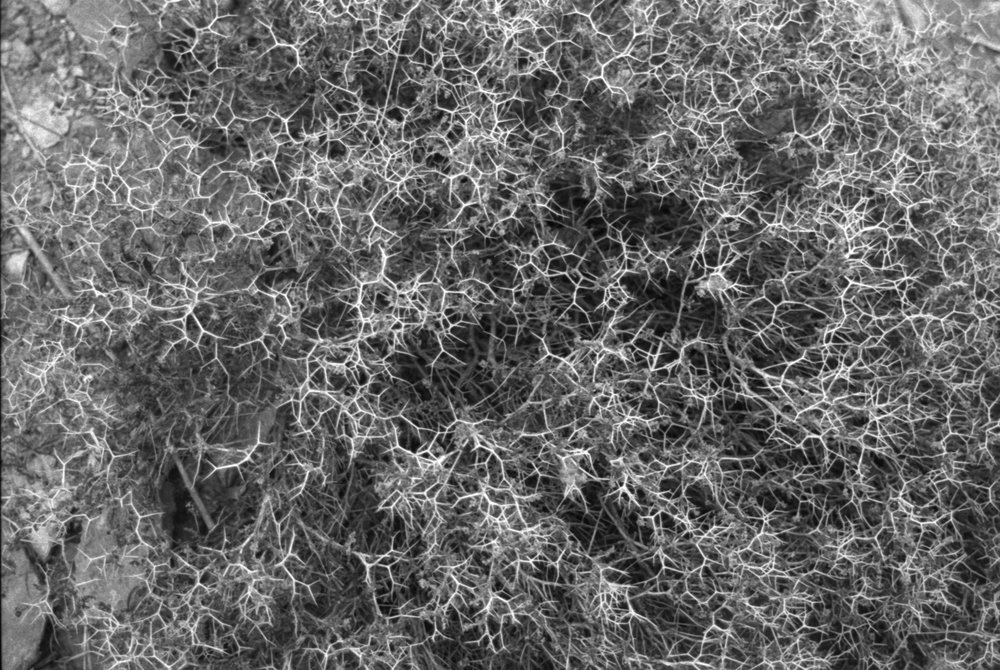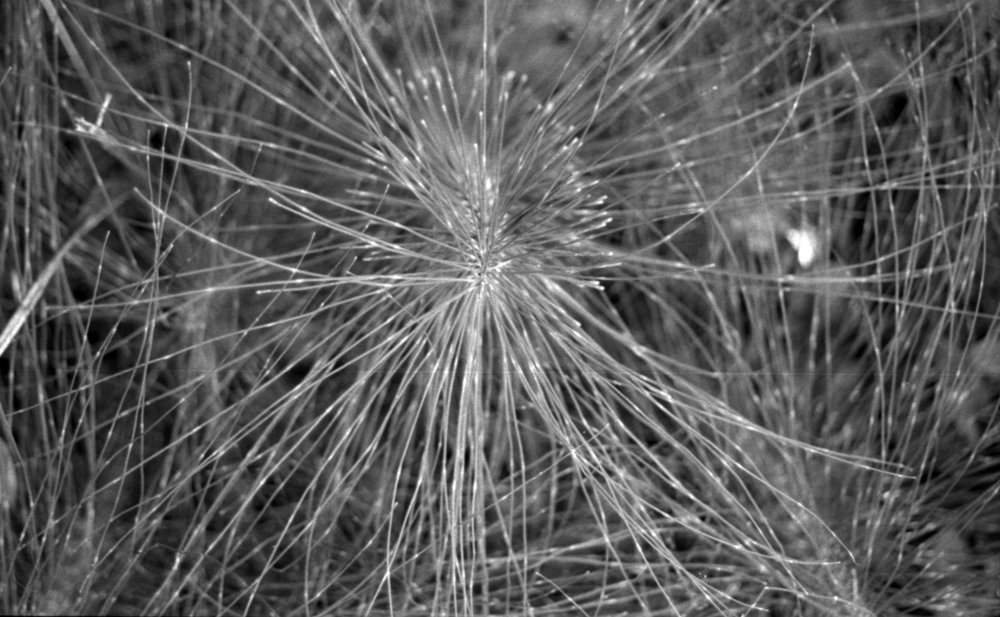read —
notes on learning
Memories of a conversation with Alla. Thoughts on creating. Making home in Vilnius.
by Miki Ambrózy
The Economy of Words
January 2019
I heard her say: 'Sum up in one word the purpose behind the work you do.'
'I’ve done it a hundred times,' I thought, with casual arrogance.
A hundred. One. Time.
The light is shifting to autumn outside my window. I forget unless I write. I forget unless I capture things.
I often assume that my work and my life's purpose, in rare moments of a good constellation, are in a relationship like winter to spring.
Her voice said, insisting: 'What is the essence? The energy inside?'
Now they started drilling concrete outside my window. A deep, satisfying rumble. It makes me vibrate. Maybe this is it. The source that makes me vibrate.
Quoting ancient wisdom, she said:
'If you want to go fast, go alone. But if you want to go far, go together.'
Words purified by not being attributed to any specific individual or circumstance.
She carried the seriousness of someone who has travelled far. We were in Nográd county running a series of residential trainings on stuff that we thought matters. Even the memory of it filles me with warmth. To work for hope and dignity, to the music of a typically urban discourse, in a rural setting in north-east Hungary. Now that's class.
It was the same old house where I had been countless times. Each spring a new phletora of dead bugs, fresh strawberries and young volunteers. A bunch of characters out of a Hal Hartley picture, bursting with the desire to locate pure ideas in a world that resists everything that is not hard, shiny and instagrammable.
The old heavy wooden chairs were the only aspect of the house that never changed.
This sector is not designed for comfortable bourgeois seating.
People come here to be transformed, touched or changed by the experience of the encounter. At least that's what the organisers believe.
She said: 'I want them to become content, balanced and full. To gain some knowledge, reach within themselves. I want them to experience joy at work.'
'She must be a poet, but she doesn't know it', I thought somewhat ironically.
I had to admit that something seemingly banal, like the act of seeing somebody doing video montage, can change the course of a life. Languages open doors. They have definitely paved most of the winding roads that complete my autobiographical map.
I slowly started to buy into her story. So much emotion, such force of humanity. I wanted to get to the bottom of her work, to become like her purely by imitating the shifts she made in her thinking.
Her questioning me turned into her lecturing me.
I admit I was fully comfortable with it.
Thinking about her now reminds me of my first year as a returning emigrant to Eastern Europe. Self-pity and confusion. Unable to decode the subtleties of culture, attitudes, language in a familiar but foreign place. Dumbstruck by everyday communication, by implicit violence, the reserved nosiness, the frugal approach to emotional expression. And the simultaneous warmth of individuals I encounter, the bonds of loyalty in my in-laws family, the quiet of a city that huddles behind doors and meter-thick walls for months...
People seem to put on an entirely different character in the summer.
But the drilling outside keeps going, the same rumble.
How can one grow to love a city after such a mixed beginning?
I have been trying to ride along, but the single story of patriotism doesn't go down with me. Neither central European, nor Baltic. It just doesn't work for someone who is multi-lingual, culturally unbiased.
Speaking languages, as a matter of principle, forces us to understand others and tune in. It's automatic. Languages grant great power to individuals and communities, and that commands us to keep our egotism in check.
But here, in this Eastern corner of the democratic West, subtle acts of violence seep through the pores of our skin, floating through the air we breathe.
In the way people try to push past each other.
In the way solidarity with the Other is incomprehensible to many, because it doesn't make profit, serve one's clan, or defend the idea of the nation.
In the way a relative's neighbour will do you a small favour just in case they are in need of one later.
Exchanges like that colour and soil my days, sometimes within the same instant.
No wonder I wanted to find peace and an algorithm in the encounter with her.

She said: 'Creation is flow.'
I was hungrily waiting for her words as she expanded on her theory.
'Tell me about it', I said invitingly, although I had no idea what it actually was.
'People come to experience good choices. They want to face a challenge. Learning cannot tolerate silence. When we emancipate the teacher and the learner, it's more like friendship. And friendship does not reduce the distance between people, it brings that distance to life. This is our job, to make this distance alive.'
The drilling softly vibrates underneath. The memory seems to break into fragments, dashes of sound, thought hitting rock...
'The ego must remain out of it', she continued.
'You ..... love them ..... of duty ..... must acknowledge ...... mistakes. Keep ............ pure.......... ...... transparent as air. Fake it and you'll lose .......... credibility. ..... split of a second .... Unquestioning commitment... not unlike....'
I was hooked, quickly jotting down words. I cannot listen unless I write.
Looking back, it is strange how she has stayed in my mind. She hasn't left.
If you asked me now about my life's purpose, you know, cutting straight to the chase, I'd simply repeat what she told me then.
But I am unable, as yet, to speak with a true economy of words.
There isn't a single word in my head to talk about the joy of autonomy or creation.
